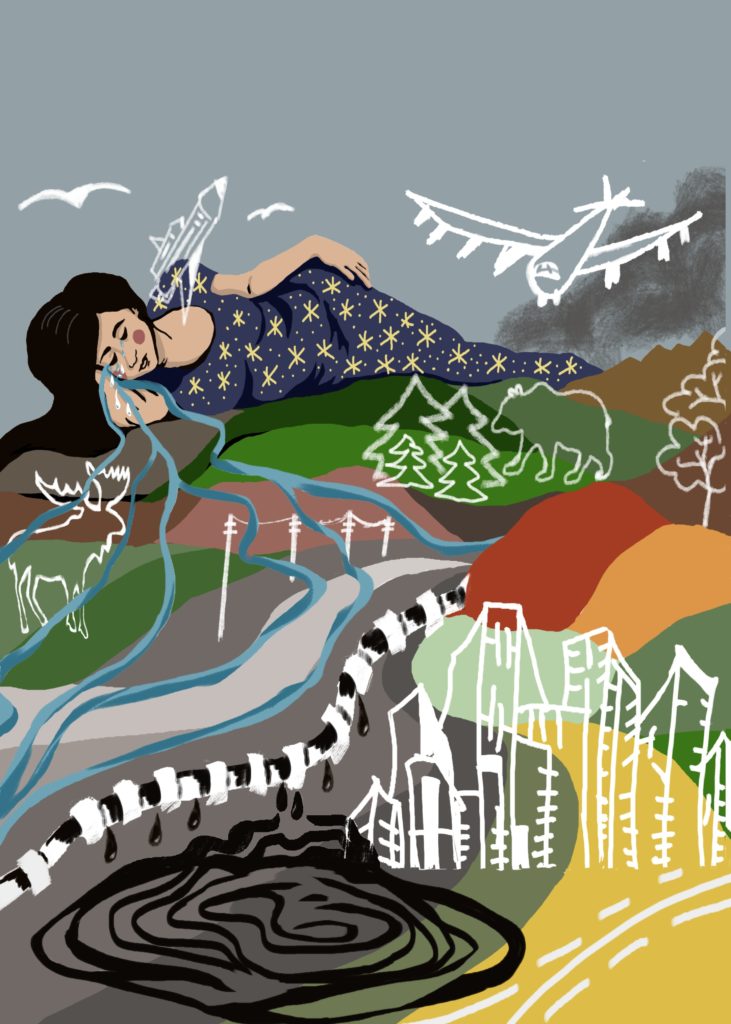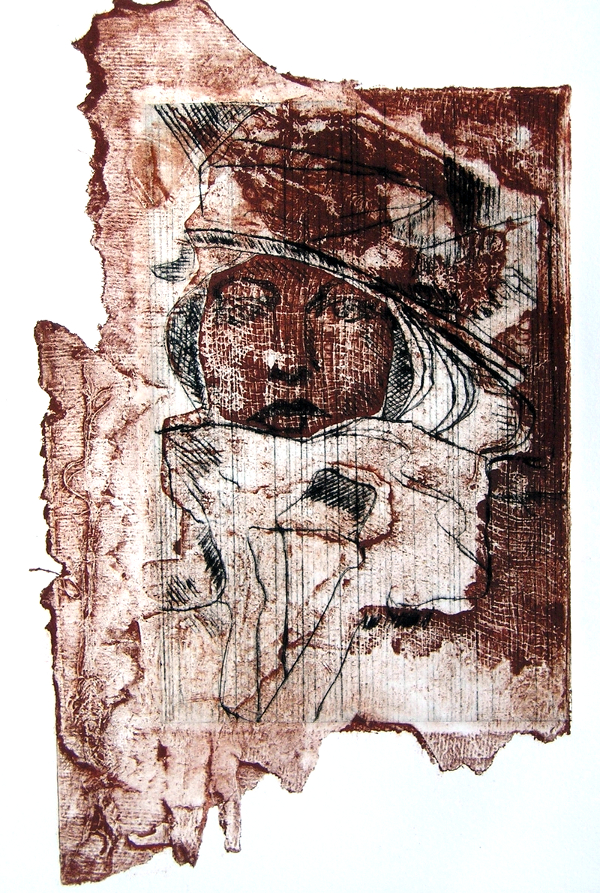
Lost Stories by Sally Warren
I have never been a mother to a human child. I have never tried to become one.
At one time, I thought it would be my lot in life, but this was more a gloomy conviction born in the depths of depression—I would end up an impoverished single mum—and the opposite of an aspiration, more of a resignation, even though there seemed no rational reason it should be so.
I came from a family that was supportive and comfortably off, where getting an education was held in high esteem and where we were encouraged to pursue our interests, but where my own mother was unhappy for various reasons. Among them was the fact that she had become a mother in her early twenties—a depressed one who I imagine found coping with a colicky, red-faced newborn like me as frightening and difficult as being asked to carry around a live hornets’ nest.
I love kids, even if they’re having tantrums, whining and drooling; when I am not depressed, I enjoy being around them and their noisy exuberance. I have thought a lot about the best ways to treat and educate and raise them (as so many annoying, childless people like me do). But I have never, ever, seriously considered having any myself.
It’s partly because I have a mental illness which has littered my path through life with extreme and sometimes lengthy periods of instability and dysfunction. I felt strongly during my childbearing years that I would not have been able to care for a child, as evidenced by a stint as a nanny that helped land me in hospital. I remember standing at the kitchen window of the kind people whose child I was looking after, washing dishes with the little girl on the floor beside me, and watching a grey piece of wallpaper come loose from the dark walls inside my mind. I was falling apart. I had been struggling for a while, but in that moment it was terrifyingly obvious that I was incapable of taking care of her.
My memory is that I left the house in the middle of the night and went to the hospital, with the little girl and her parents sleeping soundly in their warm beds. I was thankful then that she wasn’t my own child and that her world was safe and loving and intact when I left it. I know that little girl was fond of me, but I also know and am forever grateful, that I wasn’t the real rock of her life because I feel I would have been a shattered stone whose edges cut and scarred her.
There are plenty of people with mental illness who can be, and who are, wonderful parents. I have no doubt about that. A loving family is a loving family, and all families have their problems. But the truth is, when I was in my twenties and thirties, besides struggling with illness, I was thinking of other things. Things like getting a job, whether I needed more education, and becoming a writer. That last had been a dream of mine since junior high school. I didn’t really long for a husband and babies, but for creating and publishing novels, poetry, and essays.
Of course, some women and men find it possible to both write and raise their kids, but I am not a person who finds it easy to divide her energies. Now, however, as I enter middle age, I can envision parenthood from the point of view of a healthy person, if I’d had a stable partner and home and enough material resources not to worry about my kids while I dealt with words.
I never had that kind of partner or resources. The few guys I had relationships with were, like me, disabled in some way by illness and not on a path to becoming providers for kids. I wasn’t looking for one. I wanted to find a way to be well, be happy and move forward in my life, and to provide for myself. That seemed enough.
It still is enough. There was a brief moment of panic driving down a busy street when I realized my body would soon be unable to have children, but I realized that wasn’t because I wanted to have kids of my own, I just didn’t want to lose one of life’s possibilities—because I cherish possibility, as though it were a child itself.




